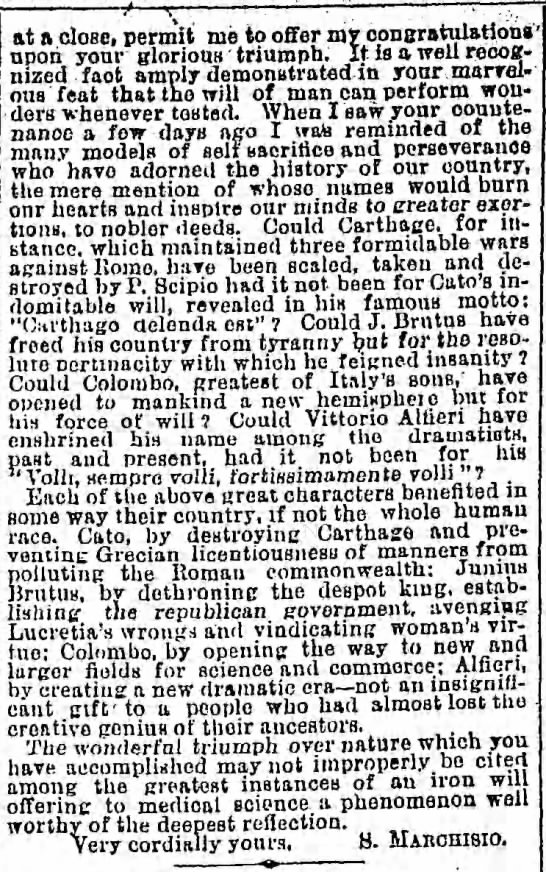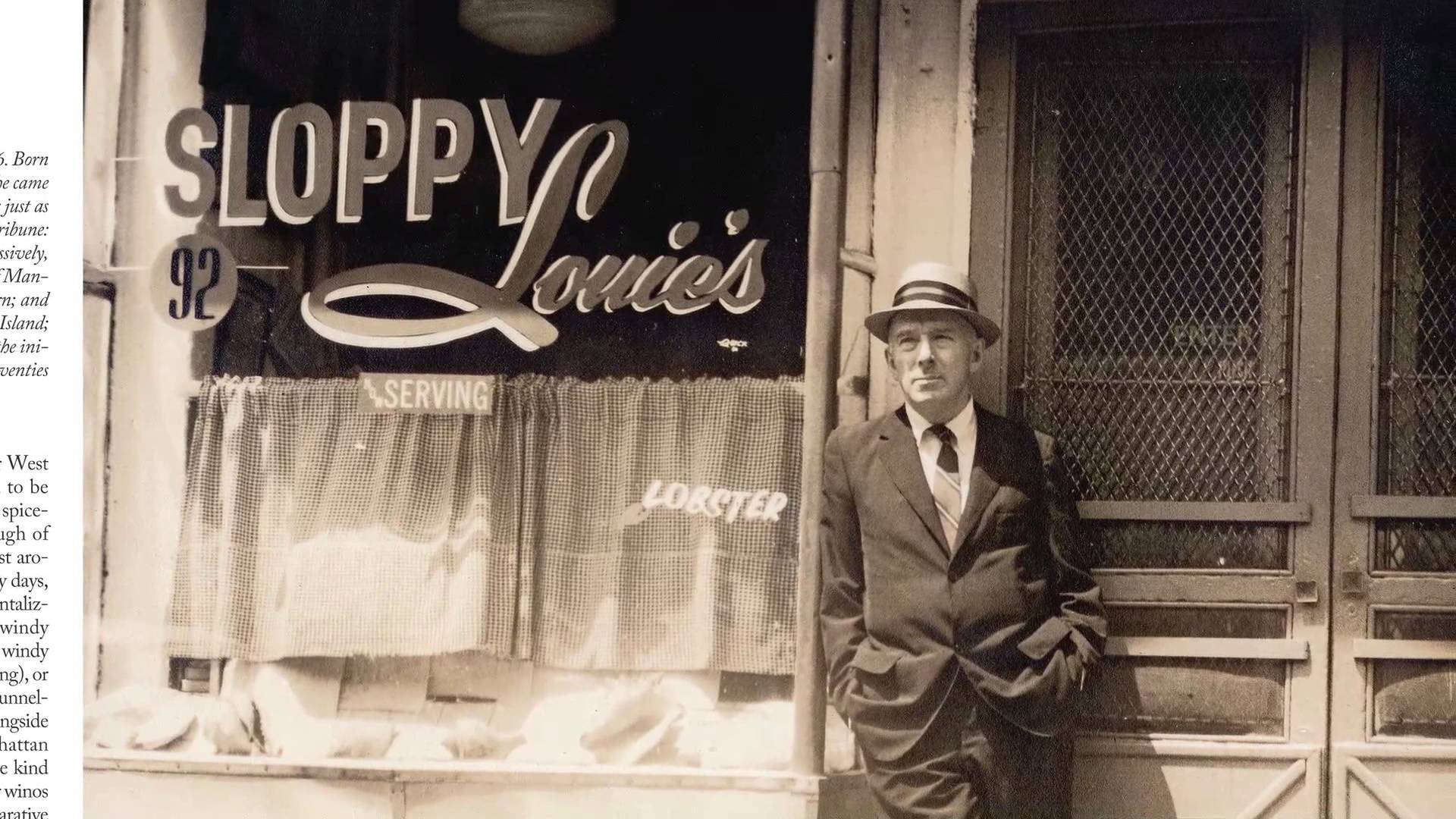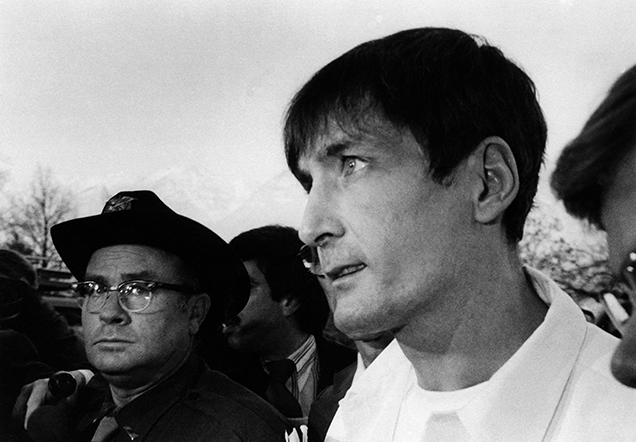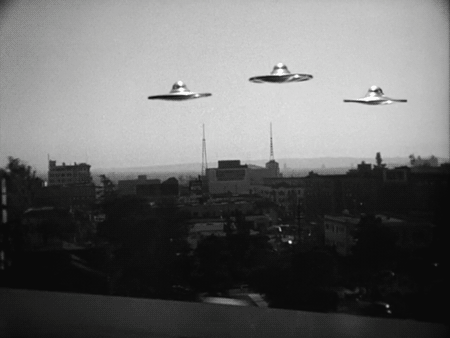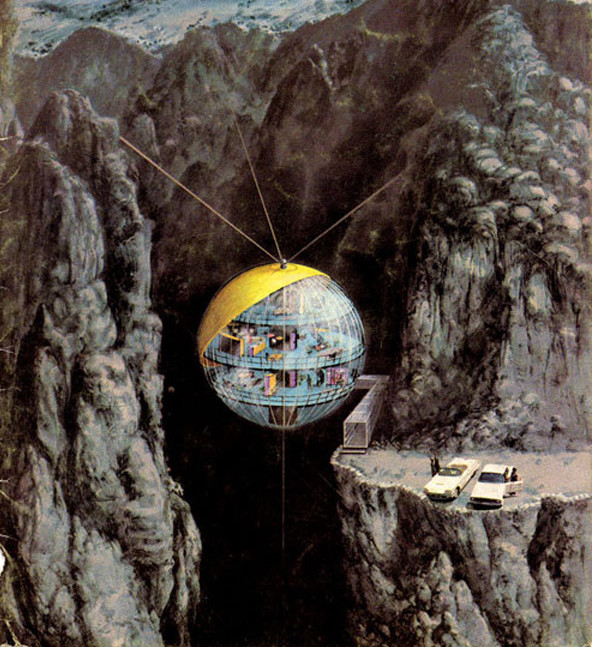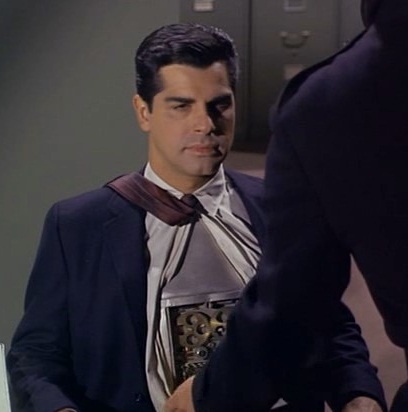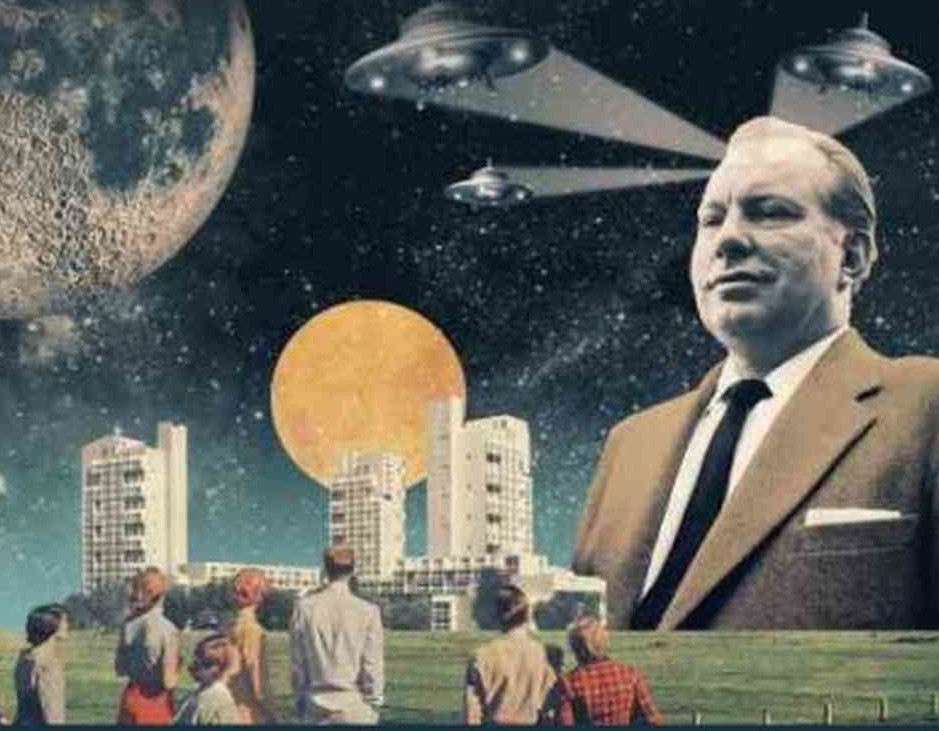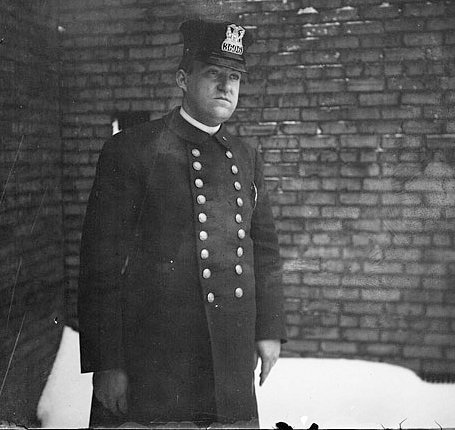Last week, I read Freeman Dyson’s 1997 book, Imagined Worlds, and I wanted to present one excerpt which seems more salient now than when it was written (although that pertains to a lot of the volume). The scientist assailed the way technology was destabilizing society and creating income inequality. That process has only accelerated since.
Two things about the excerpt below:
- Dyson did not realize how quickly computing power would become relatively affordable.
- That affordability hasn’t mitigated homelessness or income gaps in America.
The passage:
Today science has once again turned good into evil. This time the evil is not a war, but a civilian technology that systematically widens the gulf between rich and poor, deprives uneducated young people of jobs, and leaves large numbers of young mothers and children hopeless and homeless. The evil is to be seen in many places around the world, especially in the great cities of North and South America. When one walks through the streets of New York after dark during the Christmas season, one sees the widening gulf at its starkest. The brightly lit shop windows are filled with high-tech electronic toys for the children of the rich, and a few yards away, the dark corners of subway entrances are filled with the dim outlines of derelict human beings that the new technology has left behind. In every large American city such contrasts have become a part of everyday life.
When I arrived in America fifty years ago, rich and poor people were less estranged and less afraid of one another, the feeling of belonging to a community was stronger, the rich had fewer locks on their doors, and the poor had roofs over their heads. Since those days, wealth has accumulated and society has decayed. It is as Haldane said, “The tendency of applied science is to magnify injustices until they become too intolerable to be borne, and the average man, whom all the prophets and poets could not move, turns at last and extinguishes evil at its source.”
My scientist friends may justly protest that the calamities of American society are caused by drugs, or by guns, or by racial intolerance, or by illiteracy, or by bad schools, or by broken families, rather than by science. It is true that the immediate causes of social disintegration are moral and economic rather than technical. But science must bear a larger share of responsibility for these evils than the majority of scientists are willing to admit.•








